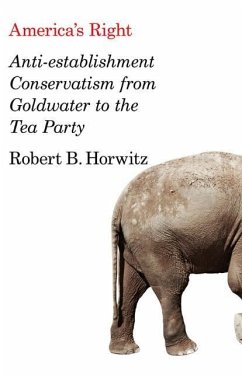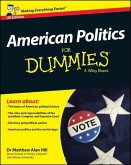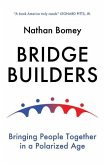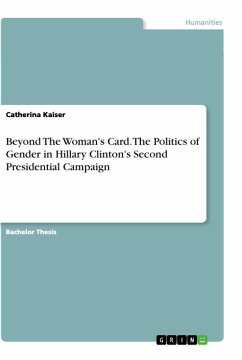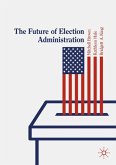Conservatism has been the most important political doctrine in the United States for nearly four decades. It has dominated the intellectual debate and largely set the policy agenda, even during years of Democratic electoral control.
But 21st century conservatism has moved far beyond even the Reagan Revolution of small government, lower taxes and a respect for tradition. The alliance of libertarians, neoconservatives, and the Christian right has launched anxious and angry attacks on the purported homosexual agenda, the "hoax" of climate change, the rule by experts and elites, and the banishment of religion from the public realm. In the foreign policy arena it has tried to remake the world through the cleansing fire of violence. Contemporary American conservatism practices a politics that is disciplined, uncompromising, utopian, and enraged, seeking to "take back our country."
This is "anti-establishment conservatism," whose origin can be traced back to the right wing that battled both the reigning post-World War II liberal consensus and the moderate, establishment Republican Party. This book examines the nature of anti-establishment conservatism, traces its development from the 1950s to the Tea Party, and explains its political ascendance.
Hinweis: Dieser Artikel kann nur an eine deutsche Lieferadresse ausgeliefert werden.
But 21st century conservatism has moved far beyond even the Reagan Revolution of small government, lower taxes and a respect for tradition. The alliance of libertarians, neoconservatives, and the Christian right has launched anxious and angry attacks on the purported homosexual agenda, the "hoax" of climate change, the rule by experts and elites, and the banishment of religion from the public realm. In the foreign policy arena it has tried to remake the world through the cleansing fire of violence. Contemporary American conservatism practices a politics that is disciplined, uncompromising, utopian, and enraged, seeking to "take back our country."
This is "anti-establishment conservatism," whose origin can be traced back to the right wing that battled both the reigning post-World War II liberal consensus and the moderate, establishment Republican Party. This book examines the nature of anti-establishment conservatism, traces its development from the 1950s to the Tea Party, and explains its political ascendance.
Hinweis: Dieser Artikel kann nur an eine deutsche Lieferadresse ausgeliefert werden.

